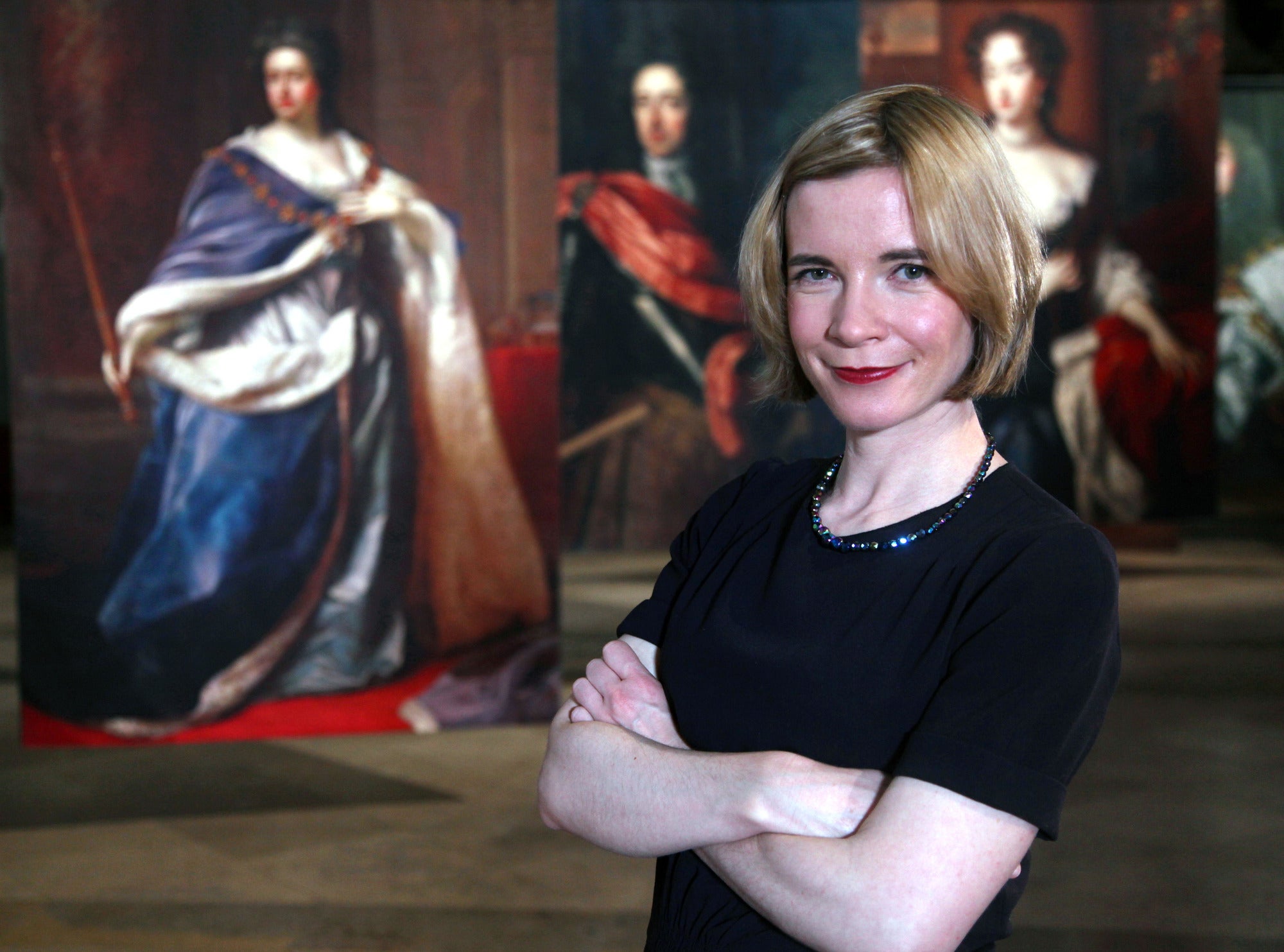This year might mark Jane Austen’s 250th birthday, but historian Lucy Worsley thinks women’s rights have not improved as drastically from the Regency period as people think.
Austen is known for novels Pride and Prejudice and Emma, in which its central women characters must navigate an era when the only way to secure inheritance and income was a prosperous marriage.
In an interview with the i Paper, historian and documentary star Worsley, the author of Jane Austen at Home, said: “I love Jane Austen, and yet I hear people say, ‘Why do we still need her?’
“Well, part of the answer is that the novels are all really entertaining, but also it’s because they have a message, which is that the world is not fair to women.”
Worsley added: “That was really obvious in the 1810s, and I’m sorry to say, I think these messages still hold meaning.”
She explained that there are still many situations where women feel like they have to marry for money. “It’s a trend on Instagram, for heaven’s sake! ‘How to find yourself a finance guy’.”
Last year, the song “I’m Looking for a Man in Finance” blew up on social media. The song was born from a TikTok post by Megan Boni (@girl_on_couch) and adapted for streaming by Billen Ted and David Guetta.

The viral tune inspired countless more videos of young women swarming to Canary Wharf and bougie London bars in order to find themselves a financially eligible bachelor.
“It’s so Pride and Prejudice,” said Worsley. “I can’t believe we’re still there.”
Best-remembered by its 1995 TV adaptation starring a soaking wet Colin Firth, as well as the 2005 Kiera Knightly film, Pride and Prejudice follows the romance of Elizabeth Bennet and Mr Darcy.
Pride and Prejudice follows Elizabeth Bennet and her sisters who, upon discovering that their cousin Mr Collins is set to inherit the house, rush to find a suitable husband. The book was adapted into a BBC miniseries in 1996, starring a soaking wet Colin Firth as Mr Darcy, and again in 2005. The film was directed by Joe Wright and starred Keira Knightley.
Worsley described how she was raised by a second-wave feminist who was also the first woman in her family to go to university. “My mother wanted me to be [barrister, broadcaster and House of Lords peer] Helena Kennedy. I think my generations thought it was our job to do the things our mothers were held back from doing. That’s where I’m coming from.”
She added that: “Growing up in the 1970s, all the messages were, ‘You can do this, you can break through’.”
The second series of Worsley’s Radio 4 programme and podcast Lady Swindlers with Lucy Worsley was released on Tuesday (13 May).
The programme, which is made by an all-female team, explores the nefarious deeds carried out by the transgressive women of the past.
Worsley made clear that the podcast is implicitly feminist: “We say that right at the top; we have a very clear contemporary agenda.”
Miquita Oliver reveals why BBC rescinded Strictly Come Dancing offer
Jeremy Clarkson addresses worrying Clarkson’s Farm detail after fan concern
Celebrity Traitors full lineup revealed by BBC
Coronation Street and Emmerdale announce historic interactive crossover episode
Netflix users left confused as Black Mirror episode is removed for good
BBC’s most underrated drama series to return after lengthy delay







